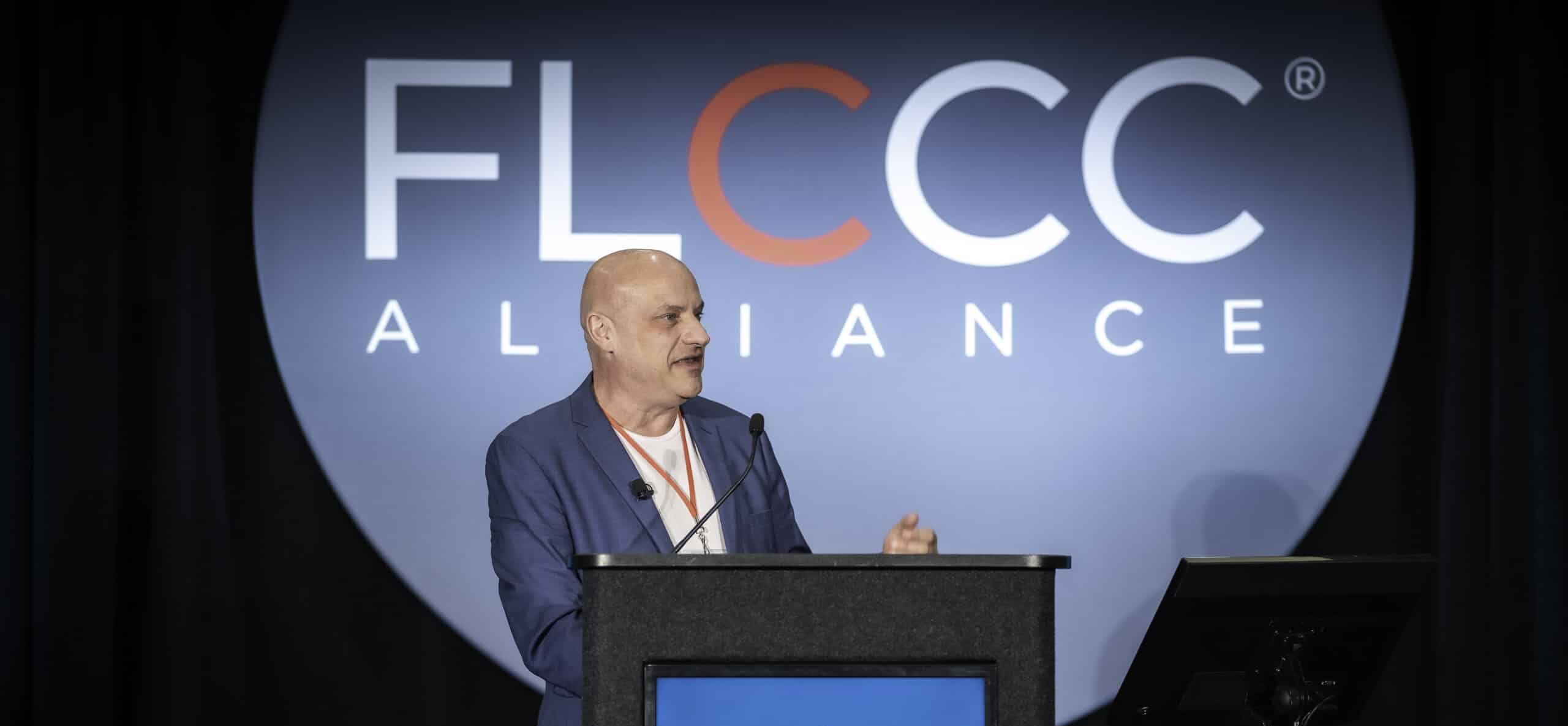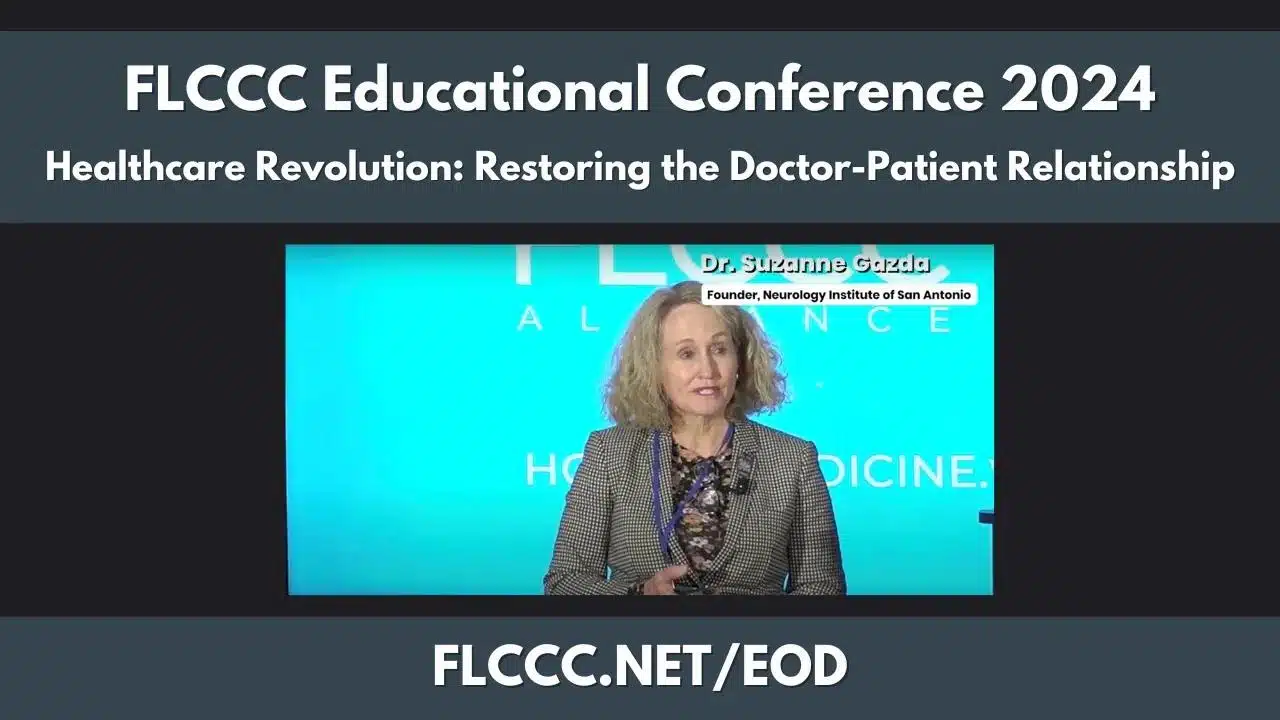After an extensive reevaluation, the CHEST Journal reaffirms Dr. Marik’s peer-reviewed publication supporting the use of intravenous Vitamin C to treat medical sepsis in the hospital.
The CHEST Journal, the preeminent peer-reviewed scientific journal of physicians who specialize in diseases of the chest, has affirmed its publication of the landmark research of Paul Marik, MD, that pioneered the use of intravenous Vitamin C to treat medical sepsis.
In March of 2022, baseless allegations from an unqualified source were publicly made on social media and to the CHEST Journal, claiming intentional statistical errors in the 2017 peer-reviewed study led by Dr. Marik titled “Hydrocortisone, Vitamin C, and Thiamine for the Treatment of Severe Sepsis and Septic Shock: A Retrospective Before-After Study.” After receiving the complaint, the CHEST Journal launched a thorough review of the study that lasted almost a year. This week Dr. Marik received a letter from the journal stating that the investigation found no errors in the methodology as cited by the allegations.
“From the beginning of this process, I have been confident that our research methods met the high standards for integrity that we as scientists and the high-impact journals require,” said Paul E. Marik, M.D., FCCM, FCCP, founding member of the Front Line COVID-19 Critical Care Alliance (FLCCC) and former Chief, Pulmonary and Critical Care Medicine at Eastern Virginia Medical School. “We support questioning the results of any research, including our own, as it leads to a better understanding of the data and strengthens the integrity of the research. However, baseless accusations made unprofessionally have no place in scientific discourse.”
The journal’s response to Dr. Marik did cite two minor revisions that do not change the final outcome of the original published study, but simply make it clear that some of the patients selected for the control group were “nonconsecutive” given the nature of hospital logistics and that the 1.5 g every 6 h for 4 days was a “target” dose that might not have been reached in all patients due to clinical considerations.
“I welcome the two words changed by the journal as they make the description of our methodology clearer and have no impact on the research results,” said Marik. “However, this whole process was unnecessary as it raised unneeded concern about a life-saving treatment that we know is effective and used worldwide. I hope patients were not deprived of this vital treatment because of these false allegations.”
The World Health Organization estimates that in 2017 there were 11 million sepsis deaths worldwide, half of these deaths occurred among children, which accounted for approximately 20% of all global deaths.
A PDF of the press release can be found here:
A copy of the CHEST Journal’s findings can be found here:
The published study can be found here:





